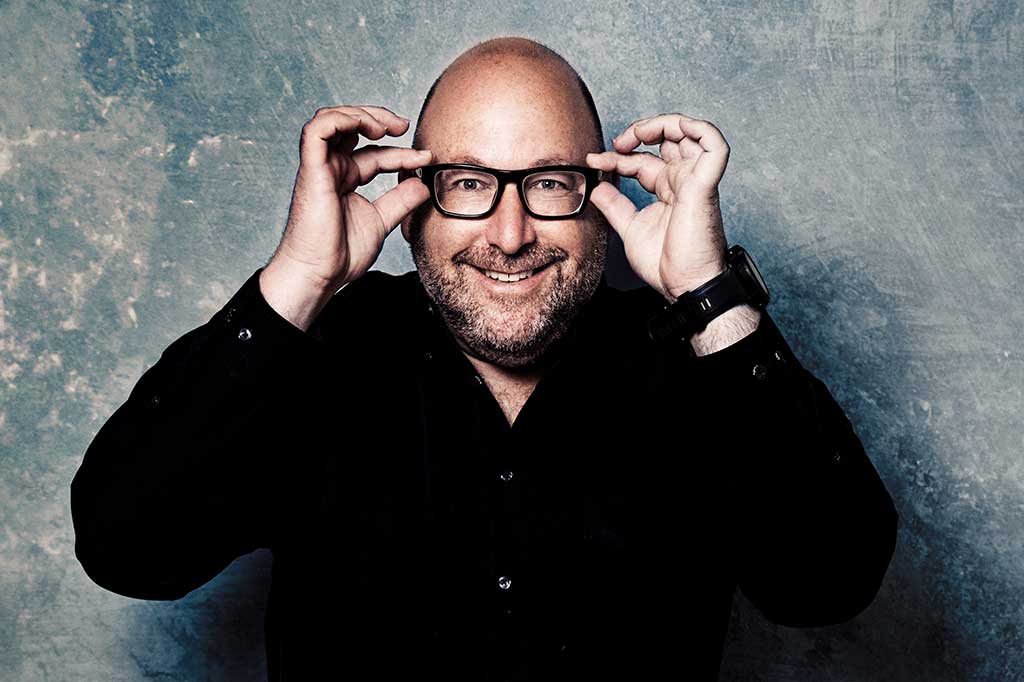By Howard Feldman, Head of Marketing & People at Synthesis
Remember when motivation was all the rage? When at the beginning of every year someone would be dragged in to tell us how armed with a broken Bic pen and half a glass of tepid water, he survived 32 days in the Amazon? The implication was that if he could do that, then sure we could muster enough enthusiasm to reach our sales targets?
Or when a genetically modified 6 ft pole vaulter took us through his training schedule, ending with a story about a gold medal that he didn’t win, but should have. What he was really saying, not too subtly, as we nibble on left over croissants, was that if he could almost – but not quite – beat the Russians, then why, for heaven’s sake, could we not darn well stop eating carbs at night?
Back then we believed them. Because they sounded sincere … and we wanted to. Back then motivation speakers littered the corporate world, because we naively assumed that all that stood between us and our goals was a cool story and an “aha” moment.
And then came COVID and it all changed. The pandemic, it seems, has not only killed millions, but has also signaled the death, to some extent, of motivation as we knew it. Perhaps this is because it took the pandemic to make us realise that as motivated as we are to do so, it would be impossible to climb Kilimanjaro from our locked down living room.
It took the pandemic to prove to us that we have relatively little control over some aspects of our world. In addition, with the dawn of 2020 and the introduction of the virus, the goals were shifted from the large and lofty to the mundane and the boring. It seems that when as much motivation is required to become an astronaut (assuming that’s your thing) than to put on a pair of trousers, it is little wonder that motivational speakers found themselves overqualified but underprepared.
Any entrepreneur will confirm that the damage done by a bad investment is less about the money lost and all about the impact of the experience. If the failure has left fear and negativity in its wake, then it is likely that the next potential endeavor will be impacted in the same way. A bad break up in a relationship is often less about the couple and often more about the damage done to the individuals as they look towards the next relationship. We are unquestionably impacted by our experiences, and we take them with us into our future. Or more accurately, we drag them in our emotional carry-ons as we continue life’s journey.
2022 is the year that is already paying the price for the last few. There should be a sense of optimism in that the pandemic is likely to be over by mid-year. More and more people have been vaccinated, countries are dropping their mask mandates and it seems that they will open to travel. We can rebuild and recover.
And yet there is unquestionably a hesitancy around saying that too loudly. Whether we are afraid to “temp fate” or to be accused of being naively positive, there is a sense that given the past few years, it is much smarter to walk slowly and hesitantly into the new year without fanfare and to do so without making any sudden movements. As a consequence, there is no need to list ambitious resolutions, to proclaim that “this is the year”, or not to plan to climb any mountains until we are certain that it is safe to leave our kitchen table.
To some extent, 2020 and 2021 have been all about survival, which is why there is no need for motivational speakers to bring us the edge of our seats with their harrowing stories.
We each have a story to tell. We have each grown and matured and understood what is important. The past years have shown us that we have what it takes and that we can motivate ourselves better than anyone else.
I am optimistic. I am excited about the year. And I am looking forward to seeing what it brings. I fully intend to take confident steps into 2022 with my head held “high, bloodied, but unbowed” … and armed with a broken bic pen, a half a glass of tepid water and a whole lot more resilience than I once had.




